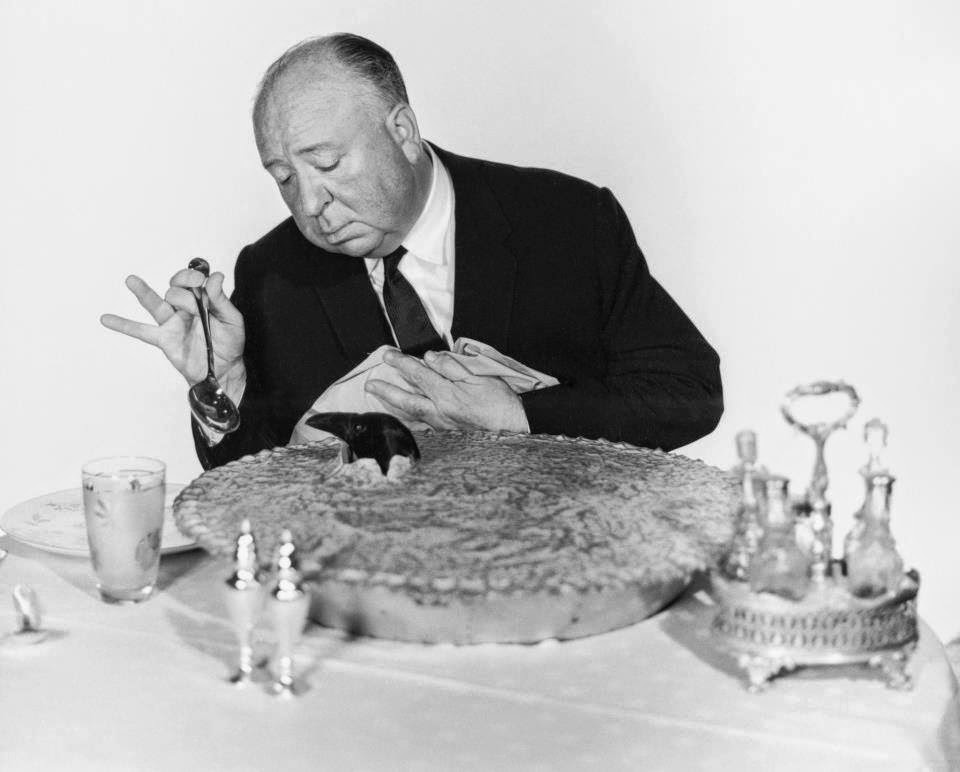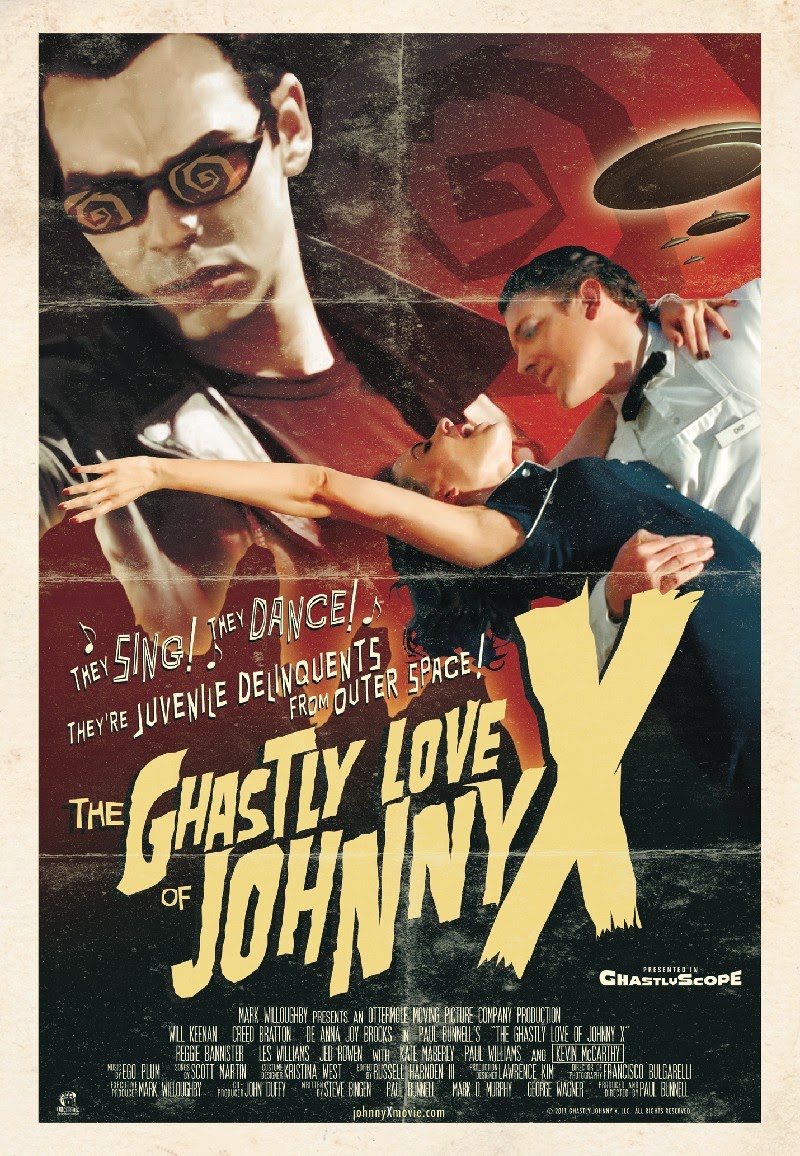Phantom of the Paradise
You can hear about a movie dozens of
times before you ever get around to seeing it. This is especially
true of films that are tiny cult movies, and hard to track down. My
high school weekends were spent watching, sometimes over and over
again, that granddaddy of all cult movies, “The Rocky Horror
Picture Show.” But there's a film that pre-dates Rocky by a year
that deserves to have just as much attention as it has, a film that I
had often read about in tiny snippets online, but never had the
chance to see. That film is 1974's “Phantom of the Paradise.”
"Phantom of the Paradise"
is one of those unique films that Hollywood studios used to be wiling
to spend money on. It was, in many ways, destined to become a cult
classic. Now is a perfect time for the film to be discovered by new
fans. I first saw “Phantom” earlier this year, when my curiosity
required the rental of the film from iTunes--something I do only when
I can't resist seeing a particularly hard to find film. The film is
now back in a new super deluxe, two disc blu-ray treatment, which was
recently released by Scream Factory (a horror only sideline from
those masters of all things awesome, Shout Factory).
An early work from writer/director
Brian De Palma, "Phantom of the Paradise" is a wildly
enjoyable, funny, mash up of "Phantom of the Opera" and
"The Picture of Dorian Grey," with a splash of "Faust"
thrown in for good measure. All of this filtered through the lens of
the world of mid 1970s Rock and Roll, with a healthy dose of glam.
The horror/rock/glam mash up, with it also being a musical is why the
film has always floated around outside of the Rocky Horror
wheelhouse. Anyone who is a fan of Rocky, is bound to like this
movie.
William Finley stars as Winslow Leach,
a nerdy songwriting hopeful that is working on a pop cantata based
around the "Faust" tale. Leach hopes to make it big, but
can't seem to break into the music scene, which is largely ruled by
Swan. Swan is a mysterious music imprisario, a Phil Spector-esq
analog, played by singer/songwriter Paul Williams. Williams was best
known at the time for being a hit making songwriter, cranking out
tunes left and right at A&M records, and for us who missed the
1970s, we might know him best for writing songs for "The Muppet
Movie" with Kenneth Ascher.
Not only playing Swan, Williams also
provides the songs for this film, and they're absolutely wonderful.
The music touches on song styles from all throughout the rock and
roll universe. Much in keeping with the "Opera" source
material, "Paradise" unfolds as Swan steals Leach's music
in order to open his new rock venue, the aforementioned Paradise.
Swan frames Leach on drug charges, and has him imprisoned. Leach
breaks out, breaks into Swan's record HQ, Death Records, and attempts
to sabotage the pressing of his stolen music. Instead of being scared
by acid, our Phantom receives his damage from his head falling into a
record press. A move that not scars his face, but destroys his vocal
chords as well.
Leach then takes to the underground of
The Paradise, donning a owl mask/helmet combination, and begins to
terrorize the theater. There's a love story as well, Winslow fell for
a young female singer named Phoenix (Jessica Harper) prior to his
"transformation." In at attempt to sabotage the first
rehearsal at The Paradise, by putting a bomb into a prop car on
stage, Swan catches up with Winslow, and offers to put him under
contract. He gives Leach a voice box, tells him he wants him to
finish his pop cantata. Winslow insists that only Phoenix can sing
the music, which Swan agrees to, but in reality changes his promise
and gives it to a drug addicted Glam head named Beef, in a
brilliantly funny portrait by Gerrit Graham.
It's a crazy good film. A wild movie,
smart, quickly paced, with really great songs, and a satirical
overtone that has hardly aged. The film is one that I can highly
recommend, the new blu-ray set from Scream Factory is overflowing
with extra features and goodies. "Phantom," much like
"Rocky Horror," was a huge bomb when it was first released,
but over time it's cult following has blossomed. Were you curious as
to why Paul Williams worked with Daft Punk on their latest album? Why
he accepted the Album of the Year Grammy on their behalf? Daft Punk
are fans of "Phantom of the Paradise."
As much as I can tell you why you
should see it, as much as the original trailers and TV spots failed
to market the film, it is one of those films best experienced by
seeing it. Long out on print on a no frills DVD issued years ago,
"Phantom of the Paradise" is back in the first edition to
seriously appreciate the film with the respect it deserves. It's
never been easier to see the film, and it's absolutely worth doing
so. You won't even have to sign a contract in blood to do it.


Comments
Post a Comment